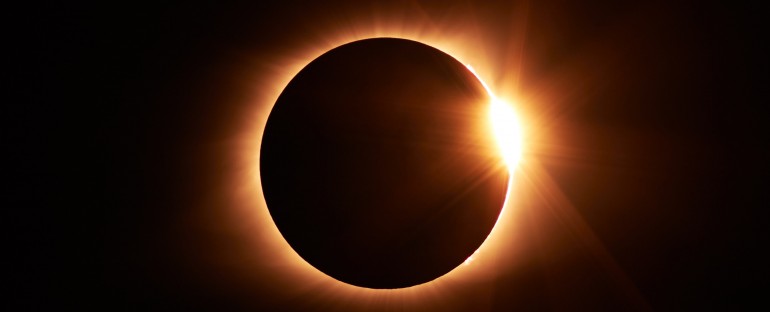One night a powerful storm rolled in over the Big Island of Hawaii, dropping snow on Mauna Kea summit, where winds were measured at an incredible 194 miles per hour. As the storm raged outside, shaking the house and rattling the windows, Stu and I settled in to watch a movie—a documentary on the men who had walked on the Moon.
All the Moon-walkers who were interviewed for the documentary decades after their journeys into space, had experienced a major shift in the way they viewed life from that time on. You could see it in their eyes, hear it in their voices—it had changed them to the core. Seeing Earth from the Moon gave them a perspective no one else has experienced. The Earth seemed small and fragile from a distance of 240,000 miles. They saw the reality that their entire lives existed on a tiny, insignificant blue and white ball floating in the blackness of limitless space. But from that distance, they also described experiencing a deep love and appreciation for our planet. They were in awe of its beauty and fragility and the seeming insignificance and vulnerability of our human lives. And they also recognized the miracle of our very existence.
It was July, 1969, a particularly turbulent time in our history, when those first pictures of Neil Armstrong stepping onto the Moon were beamed back to all of us on Earth. The Vietnam war was raging, brutal assassinations had taken place, it was a time of extreme racial and political unrest. That journey all those years ago brought us Earthlings together for a brief moment. The whole world watched as the first human set foot on the Moon’s surface. It was a moment shared by humanity, and it underscored our unity as Earth-dwellers. Recognizing our interconnection with our fellow humans and with our planet, wouldn’t we see the insanity of our destructive behavior? Wouldn’t we see the need to love and protect each other and work together to care for our planet? We need this perspective even more urgently today.
One of the astronauts described a profound spiritual experience of oneness as he traveled back to Earth. All of them, keenly aware of everything that could have gone wrong, were amazed at how everything went right. One of them attributed the miraculous success of the missions to some kind of “magic.” There had to have been some unseen factor beyond our human capabilities involved in carrying out these impossible missions, he thought. One Moon-walker described how he no longer took his life for granted after he returned to Earth. From that time on, he had lived with a sense of gratitude for his life. He said he no longer complained about small inconveniences. Another shared that he had tried to live in “equanimity” since his journey to the Moon.
When Sophie, my granddaughter, was three years old, she loved putting puzzles together. When they were complete, she would announce, “Puzzle perfect!” Then she would gleefully scatter the pieces so she could put it together again. Seeing our lives from a higher perspective is seeing the completed puzzle rather than focusing on a few pieces. Our limited, partial view of our lives is not the whole picture. They don’t make sense from an incomplete perspective. It all looked miraculous, in perfect order from the higher perspective of the Moon.
Do we need to go to the Moon to experience these awakenings? Is it necessary to experience our planet from a distance in order to gain a proper perspective on our lives? Do we have to escape Earth’s gravity to realize that our sense of control over our lives is an illusion? Do we need to be space travelers to understand the urgency of waking up to a deeper reality, to appreciate the planet we live on, and to love our fellow earthlings? Must we see Earth from a distance of 240,000 miles to realize our oneness with all that is?
One way or another, if we are going to survive, we need to view life from a larger perspective. My teachers at the ashram in India spoke of the “bird’s-eye view” and the “worm’s-eye view” of life. Maybe we need the “Moon’s-eye view.” Unmanned spacecraft have now gone beyond our solar system and beamed back images of Earth as a tiny speck. Maybe this is the perspective we need to expand our vision beyond our limited earthly view and realize there is something beyond our personal egos running the show.
By later that night, the big storm had blown itself off the island and all was quiet. Constant change is the nature of life here on Earth. Can we find the still, quiet center that never changes–that center where we are all one?
Note to self: Consider your life from the Moon’s-eye view.
Recent Posts
Recent Comments
- Terry Scott on CONTEMPLATING THE UNKNOWABLE
- Irene Kokatay on THE PATH OF SELF-KNOWLEDGE
- Terry on THE PATH OF SELF-KNOWLEDGE
- Irene Kokatay on LIVING IN INFINITY
- Terry Scott on LIVING IN INFINITY




